20 things vets wish every pet owner knew
If vets could tell pet owners a multitude of things, this is what they'd say...
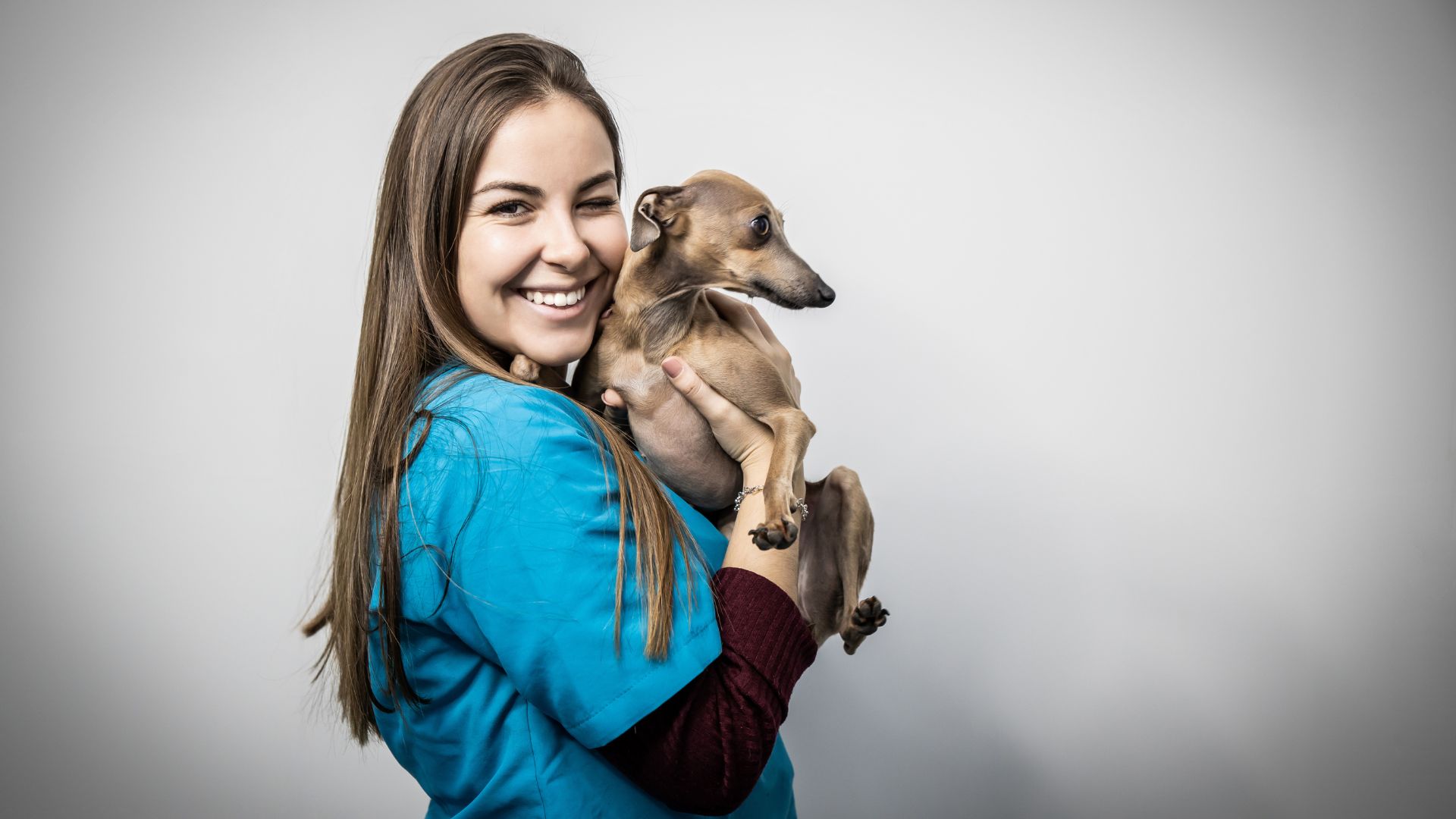
Get the best advice, tips and top tech for your beloved Pets
You are now subscribed
Your newsletter sign-up was successful
Generally speaking, pet parents only tend to speak to vets during cases of emergency. For example, you might have noticed that your pet is vomiting or has a bad case of diarrhea. Or perhaps they've got an injury that needs a bit more than first aid.
While these are all very valid reasons to take a trip to the vet, what are the things your pet's vet would tell you if they had the chance? Or are there any words of wisdom they would share before getting a pet?
To help, we spoke to Dr Hannah Godfrey and Dr Rebecca MacMillan to find the lowdown. Here's what they had to say..
Things vets wish you knew
1. Insurance is worth it
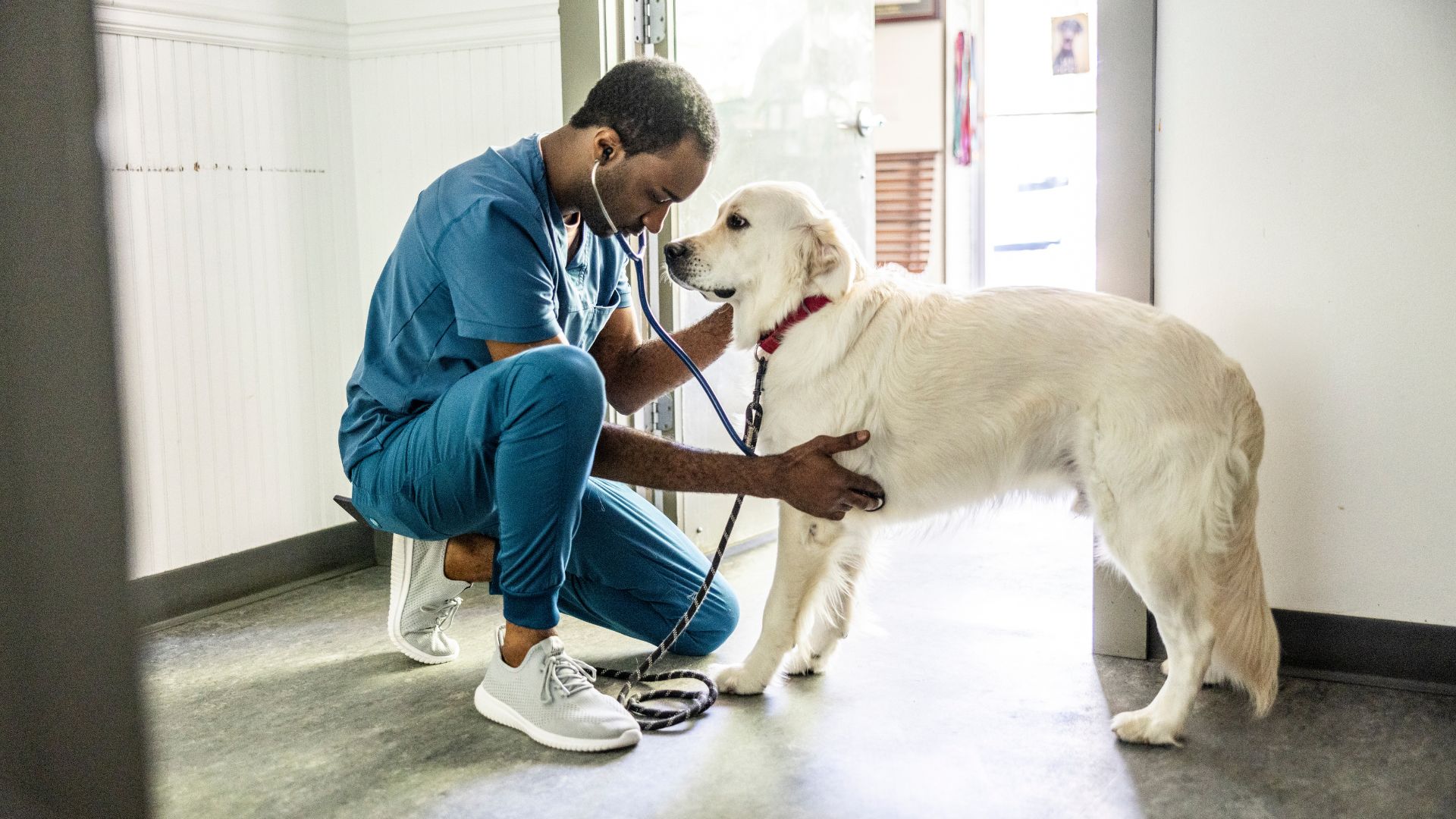
Wondering is pet insurance worth it?
“I know insurance is expensive, and it can feel like you’re throwing your money away if you don’t use it,” Dr Hannah Godfrey explains. “But it’s so heartbreaking having owners visit when their pet has been seriously injured or is really poorly and finding that they can’t afford the treatment that their pet needs.”
There are many reasons to get your pet insured. But there are perhaps many more reasons to get your pet insured with the best pet insurance possible.
For starters, the best pet insurers don’t limit the length of time you can claim for a condition. They also cover a greater range of things, and your vet might be able to work with them directly. This means that they’ll claim it from your insurance directly, so you don’t pay anything on the day.
Get the best advice, tips and top tech for your beloved Pets
So, if you haven’t already, do learn how to get pet insurance and how to choose the right pet insurance to make sure you get the maximum perks for the least money.
2. Don’t walk your dog in extreme temperatures

It will come as no surprise to hear that fitting in enough exercise and activity for your dog is very important. Exercising safely with your dog can keep them happy and healthy, and help you spend more time moving and less time sitting.
But exercising dogs in extreme temperatures can do more harm than good. And this is the case whether it’s too hot or too cold. The best way to know if it’s too hot or cold is to think that if it’s too hot outside for you, then it’s too hot for your dog.
3. Putting off seeing the vet can make treatment less effective

“It’s normal to monitor your pet for 24 hours or so if they’re ‘not quite right’ or a bit off their food,” explains Dr Godfrey. “But putting off seeing the vet if your pet has symptoms of being unwell could delay treatment and worsen your pet’s chances of recovery.”
That’s why it’s best to get clued up on the pet health symptoms that you should never ignore. For example, this can include symptoms like blue or purple gums, blood in their poop, and excessive drooling and seizures. If you notice any of these, get down to your local vet sooner rather than later.
4. The less toxins you have in your home, the better
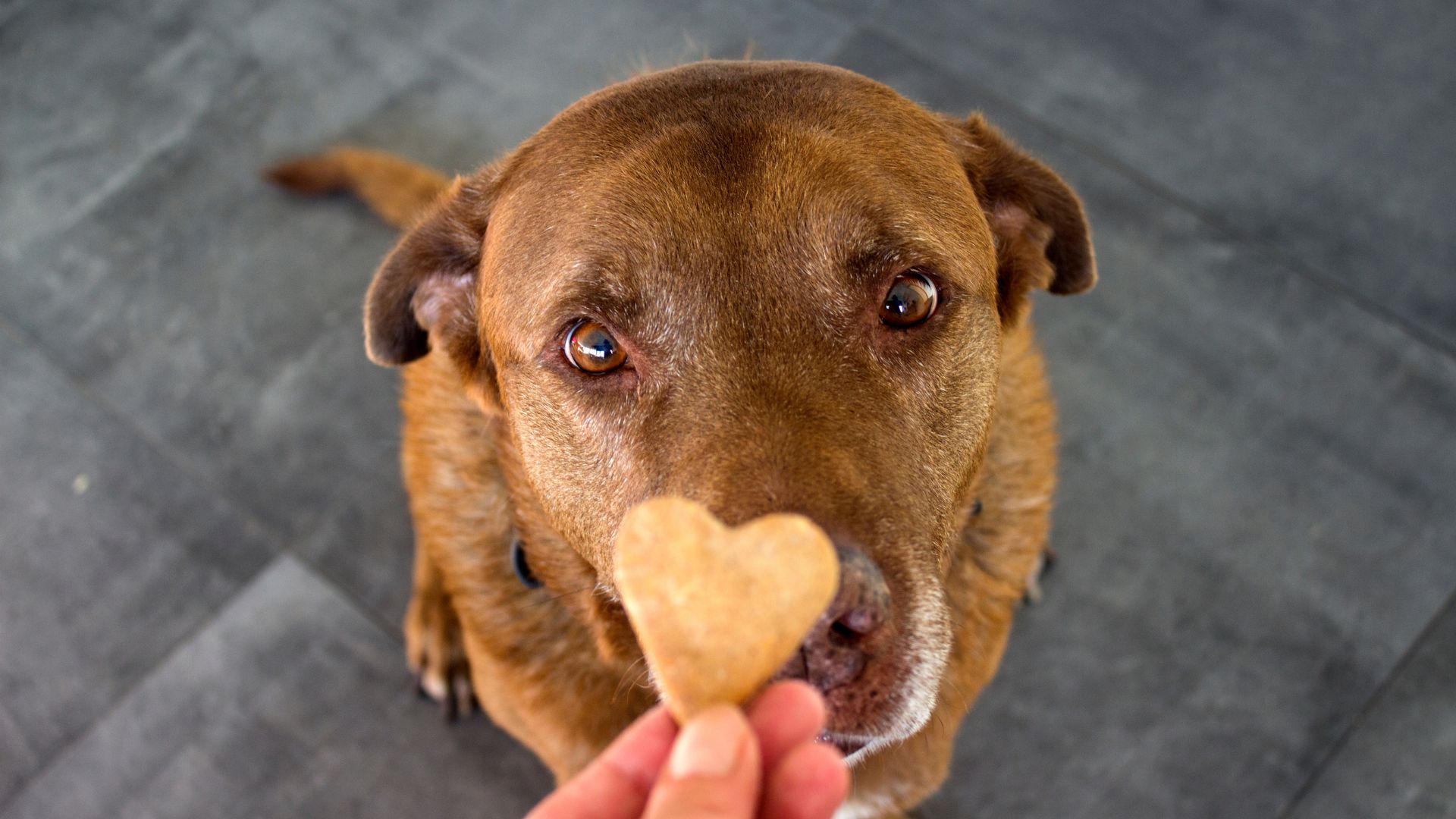
If you’re the proud pet parent of a pooch, you will most likely know that most dogs love eating things that they shouldn’t.
Whether it’s rogue pieces of cardboard that have found their way onto the floor or morsels of last night’s dinner that have fallen from your plate and into their mouths. If chowed down in huge quantities, these items can cause some digestive issues.
But some things, like toxins, such as antifreeze, xylitol (an artificial sweetener), or chocolate, are highly toxic to dogs. So, to prevent them from making their way into their system, it’s worth keeping them under a heavy-duty lock and key, or banishing them from your home entirely.
5. No medications are 100% safe
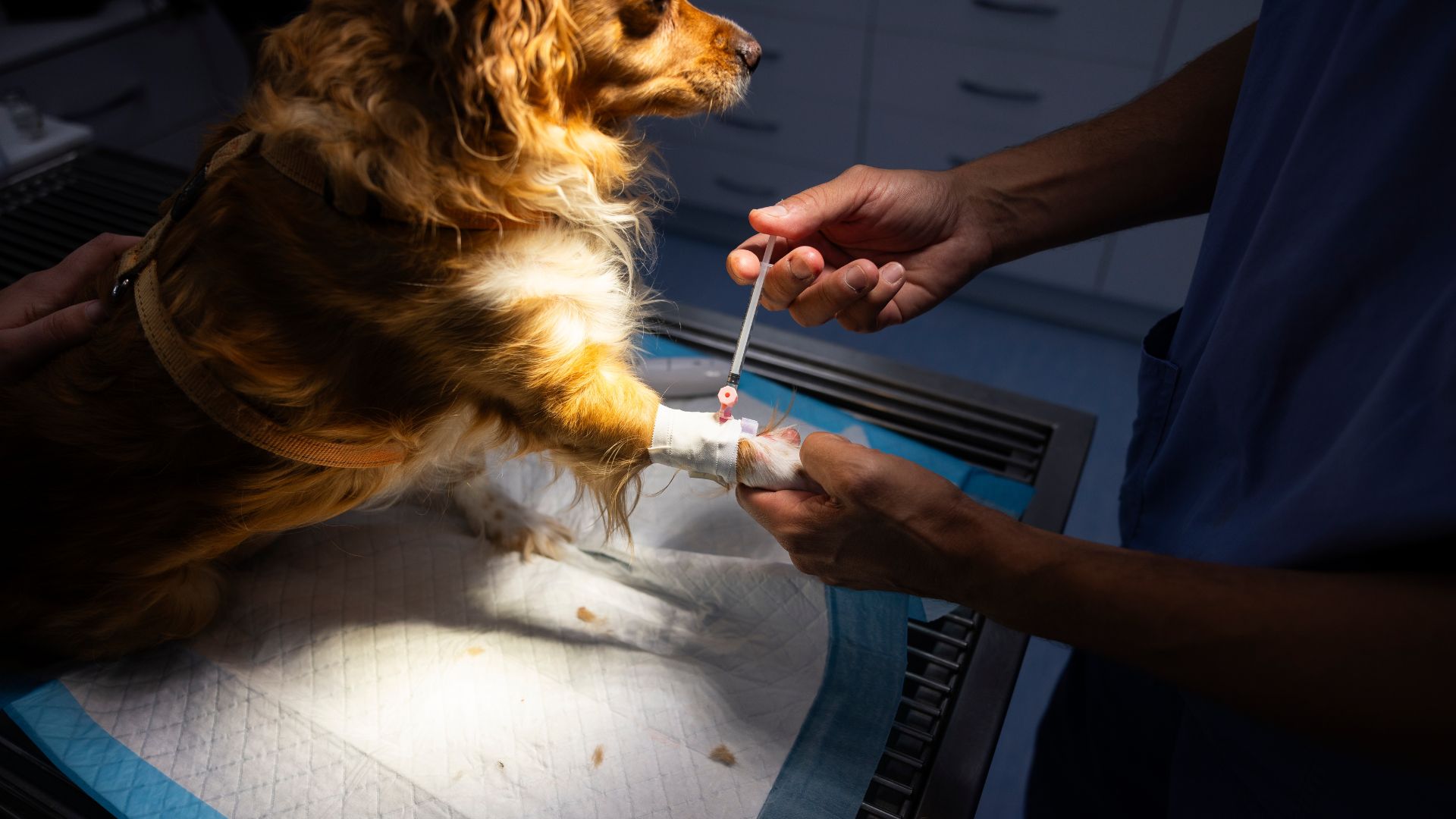
According to Dr Godfrey, any substance that goes into your pet's body has the potential to cause side effects or reactions in individual pets, just like in human medication.
“However, drugs are studied for long periods before their veterinary license is approved, and even once medications have a veterinary license, any adverse reactions or serious side effects are reported to make sure they continue to be safe for the majority of pets," the vet says.
6. Socializing your puppy is a necessity
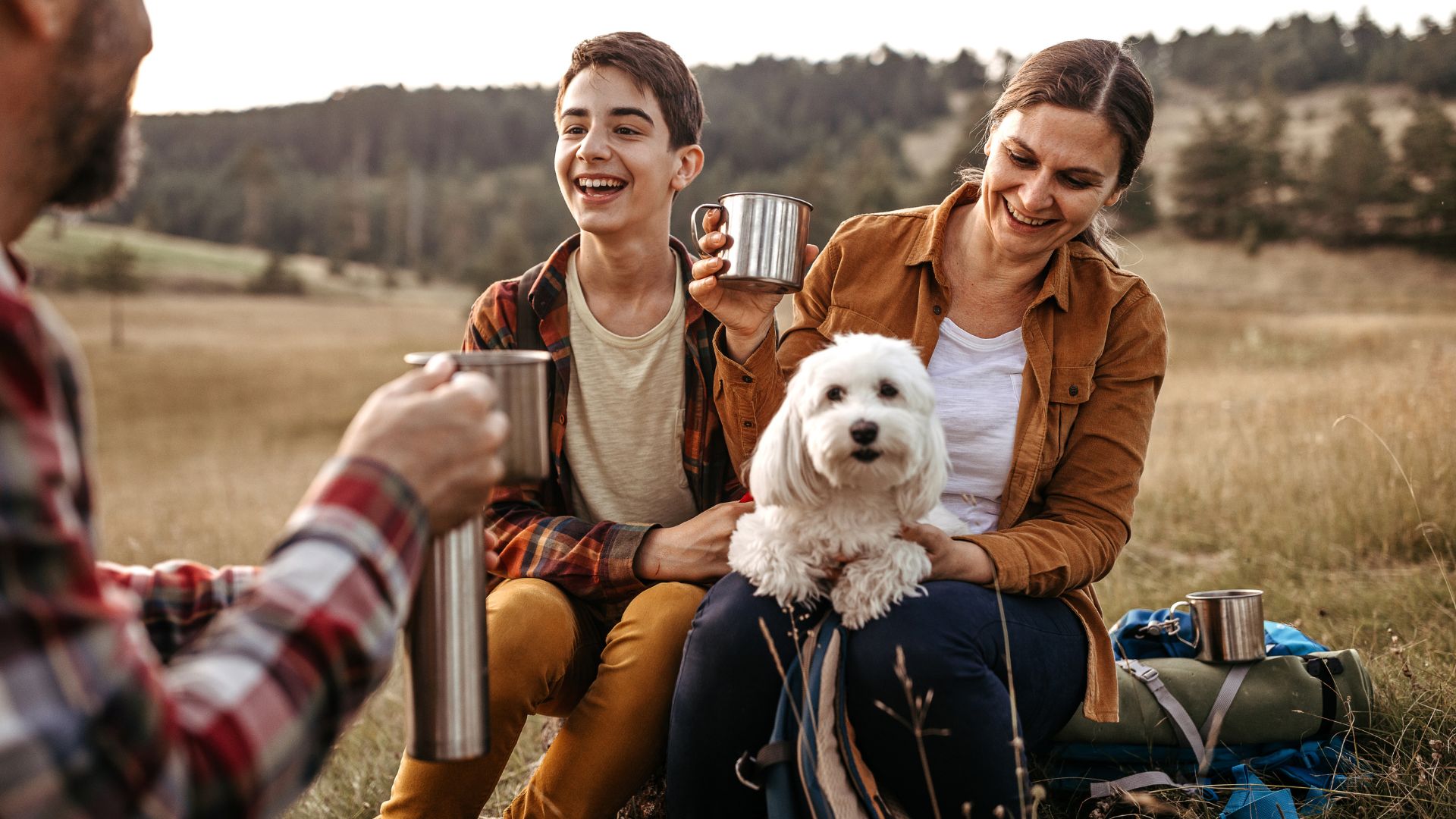
Let’s face it: socializing your puppy isn’t always a walk in the park. But it’s well worth the hassle. That’s because you want your dog to get on well with other dogs and humans, and how you manage this in the first few weeks and months of having them can make all the difference in how they interact with the world.
In fact, if a puppy misses early socialization, they can become anxious and fearful. Therefore, it’s well worth familiarizing your sweet puppy with all the facts that might pop up throughout their puppyhood and as they grow into an adult.
7. Don’t leave teething puppies unsupervised

If possible, teething puppies shouldn’t be left unattended, as puppies with growing teeth will tend to chew anything and everything. If left to their own devices, this could see them chew through electrical wires of household plants that could cause stomach upsets.
Instead, keep an eye on them and ensure you have the best puppy teething toys to use at their disposal.
8. Vets are here to guide you, not to sell
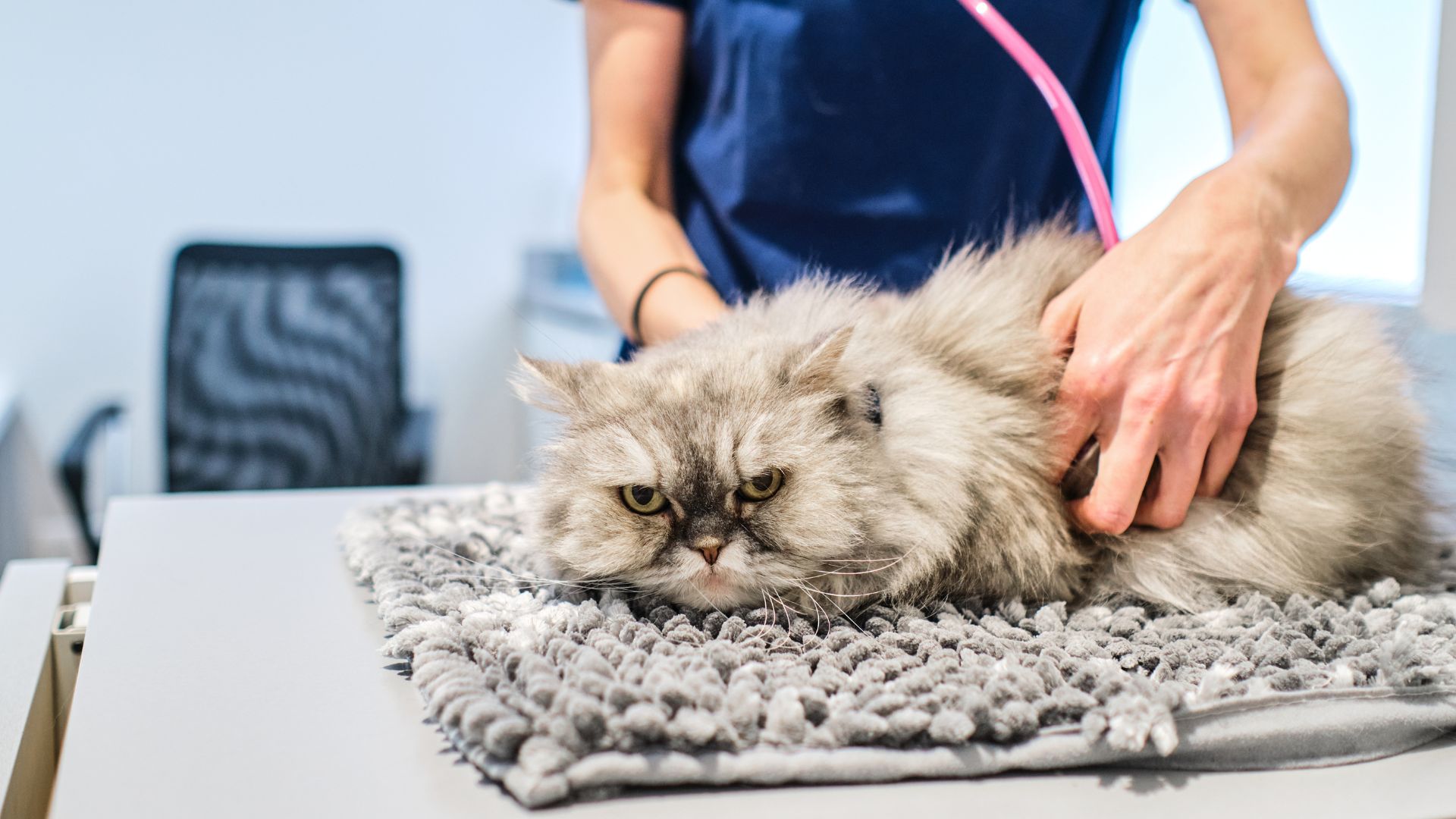
“We want your pet to be well just like you do, and that means giving you all the treatment options,” Dr Godfrey says. “To help you make an informed choice about what’s best for your pet and realistic to your situation, we try to give a range of options and explain why one might be ideal, while the other is just worth a try.”
Dr Godfrey explains that vets try to be open with pet parents so that both you and your vet can work together.
“We want to find a way that works for everyone, so please share your thoughts with us.”
9. Get to know your pet

Just like humans, every pet is unique. Which is why it’s worth spending time with your pet to really understand what makes them tick and become acquainted with their likes and dislikes.
The upside is that there are many different ways to bond with your pet. For example, to improve your relationship with your dog, you could learn how to play with a dog, learn the art of positive reinforcement, and learn canine body language.
To bond with your cat, key tips could include learning how to play with a cat, brushing them regularly with one of the best cat brushes, and mastering the art of cat body language.
10. Vaccinations are really important
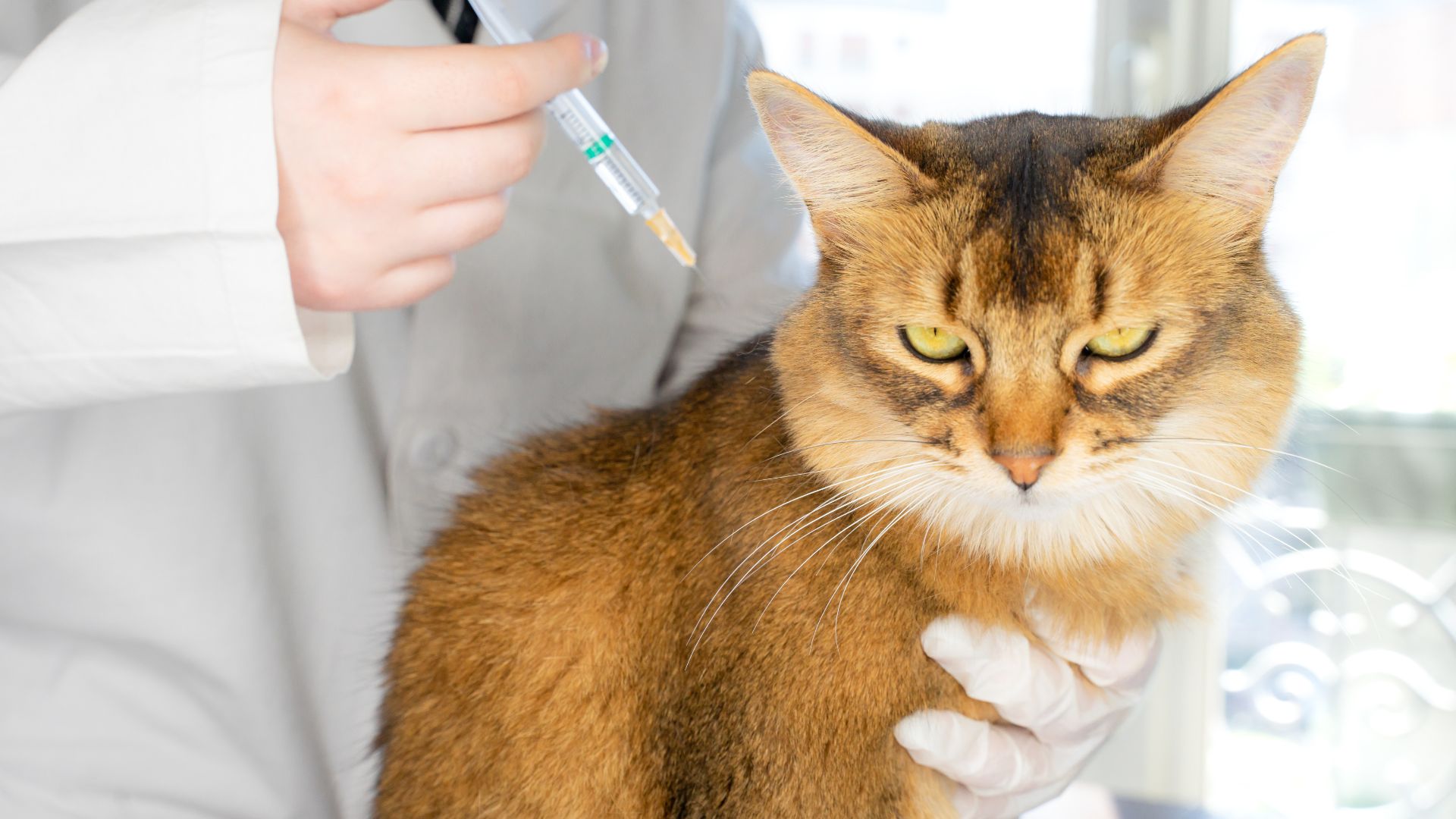
The question of whether cat and kitten vaccinations are actually important comes up time and time again. The same applies to puppy shots.
“But the reason the diseases we vaccinate against are uncommon is because we vaccinate against them,” Dr Godfrey says.
Thankfully, diseases like canine distemper and feline panleukopenia are relatively rare. But as Dr Godfrey explains, this hasn’t always been the case.
“Vaccination has helped to keep these diseases at bay, and if we stopped vaccinating, we’d see the number of cases rising again. We still see parvovirus in unvaccinated dogs and cat flu and feline leukemia virus in unvaccinated cats and kittens, so vaccination is really important.”
11. Regular grooming is a necessity
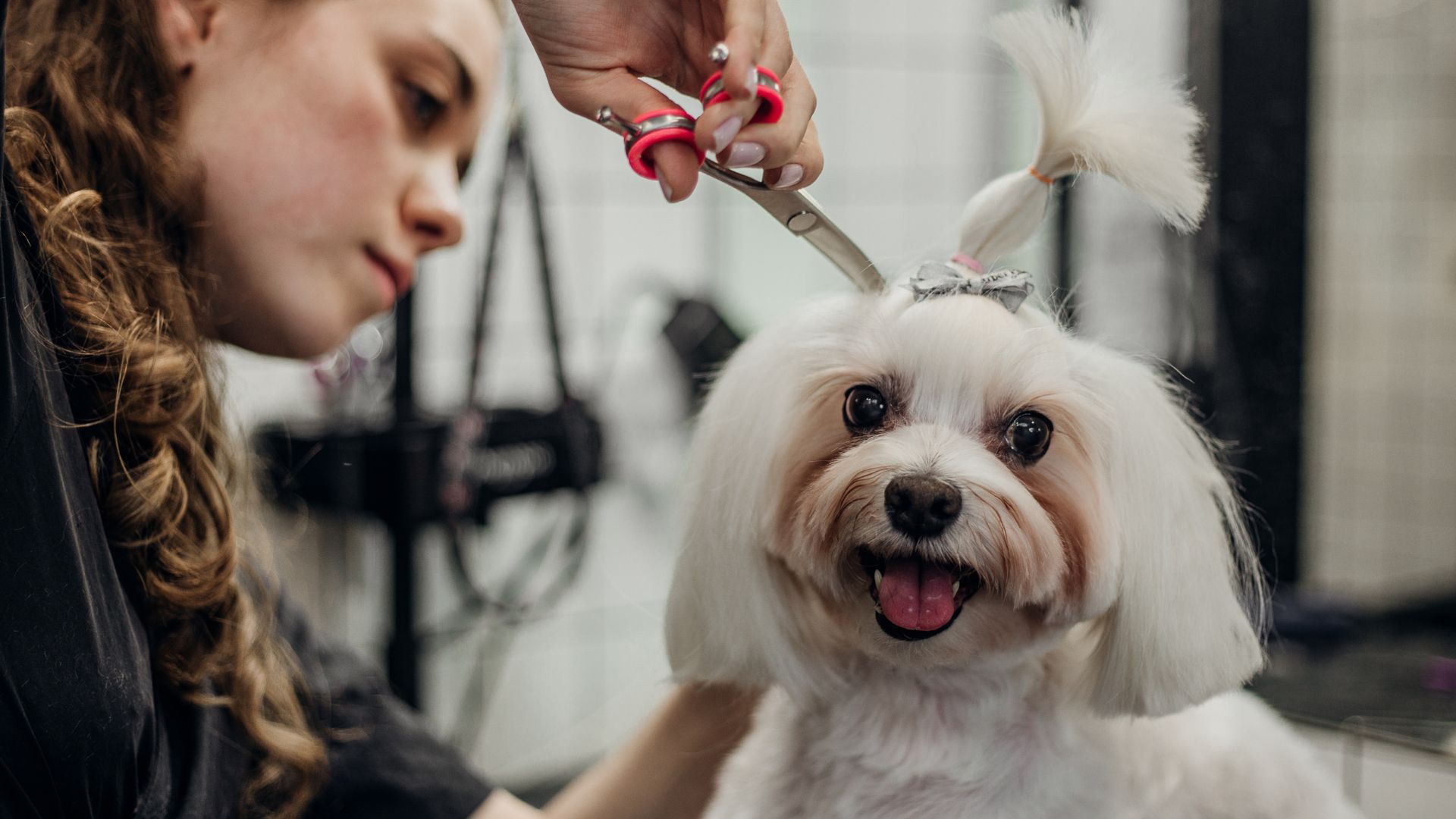
Wondering how often you should brush your dog? Or how often should you brush your cat? Perhaps you’re thinking of setting up a sand bath for a hamster? Or do you want to learn about bearded dragon care?
Of course, the type of pet you choose to share your home with will depend on how often you have to groom your beloved friend. But in most cases, regular grooming is a necessity as it will help maintain a pet's health, hygiene, and overall well-being. And a happy them is a happy you!
12. Dental care is really important
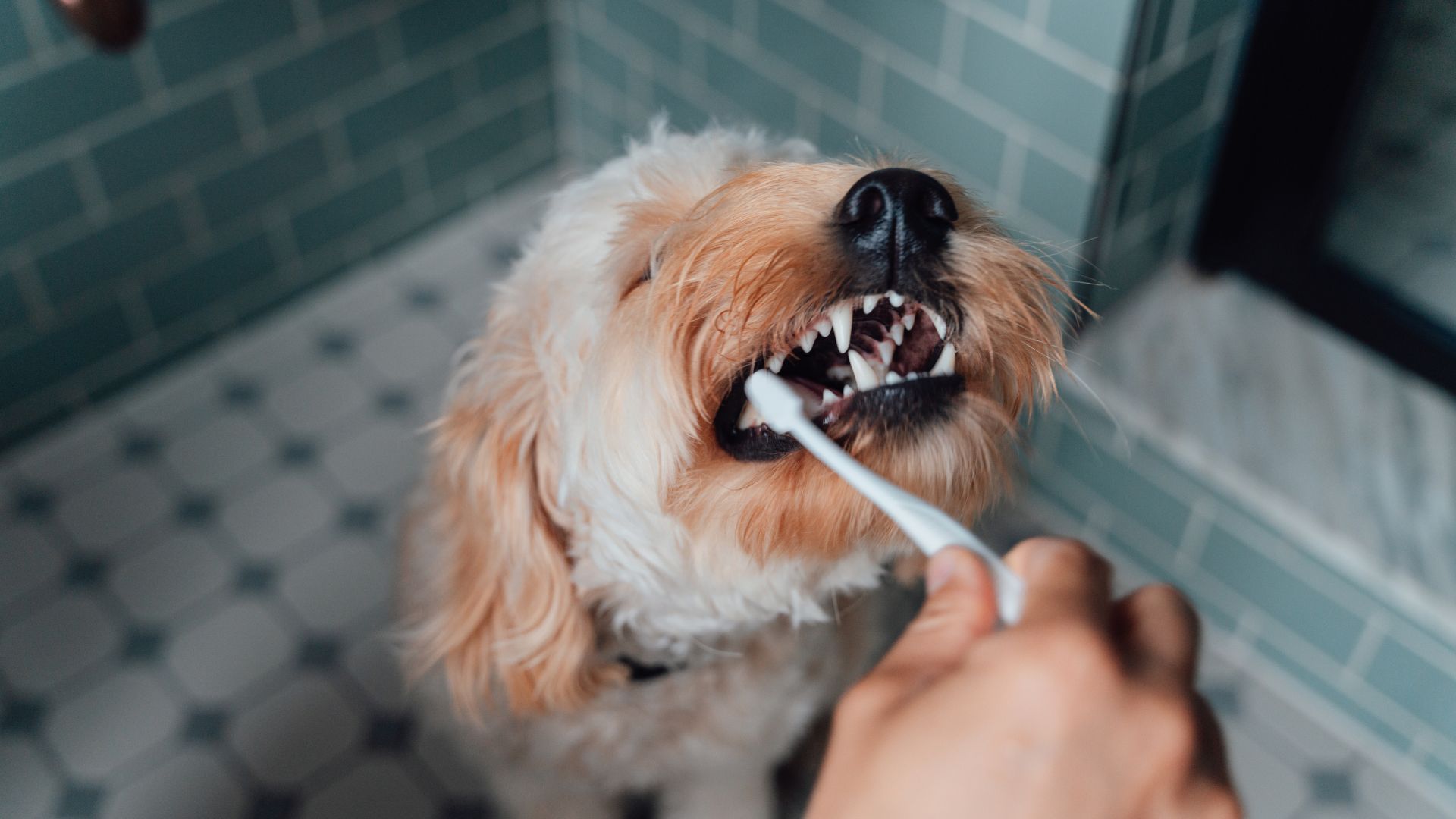
You wouldn’t go days, weeks, or months without brushing your teeth, so why should your pussycat or pooch?
“Many owners don't realise they should be proactive about their cat or dog's oral hygiene,” explains Dr. MacMillan. “This means introducing daily teeth brushing from a young age and regular check-ups.
Therefore, it’s worth stocking up on the best toothbrush for dogs and learning how to keep dog teeth clean. The same goes for researching the best way to keep your cat’s mouth clean and healthy and mastering how to brush your cat’s teeth to avoid smelly cat breath and dental disease.
“Dental disease can cause painful gum inflammation, bad breath, and tooth loss,” Dr. MacMillan explains. “It can also lead to the spread of bacteria through the blood to other locations in the body, like the heart and kidneys.”
13. Don’t be afraid to call the vet
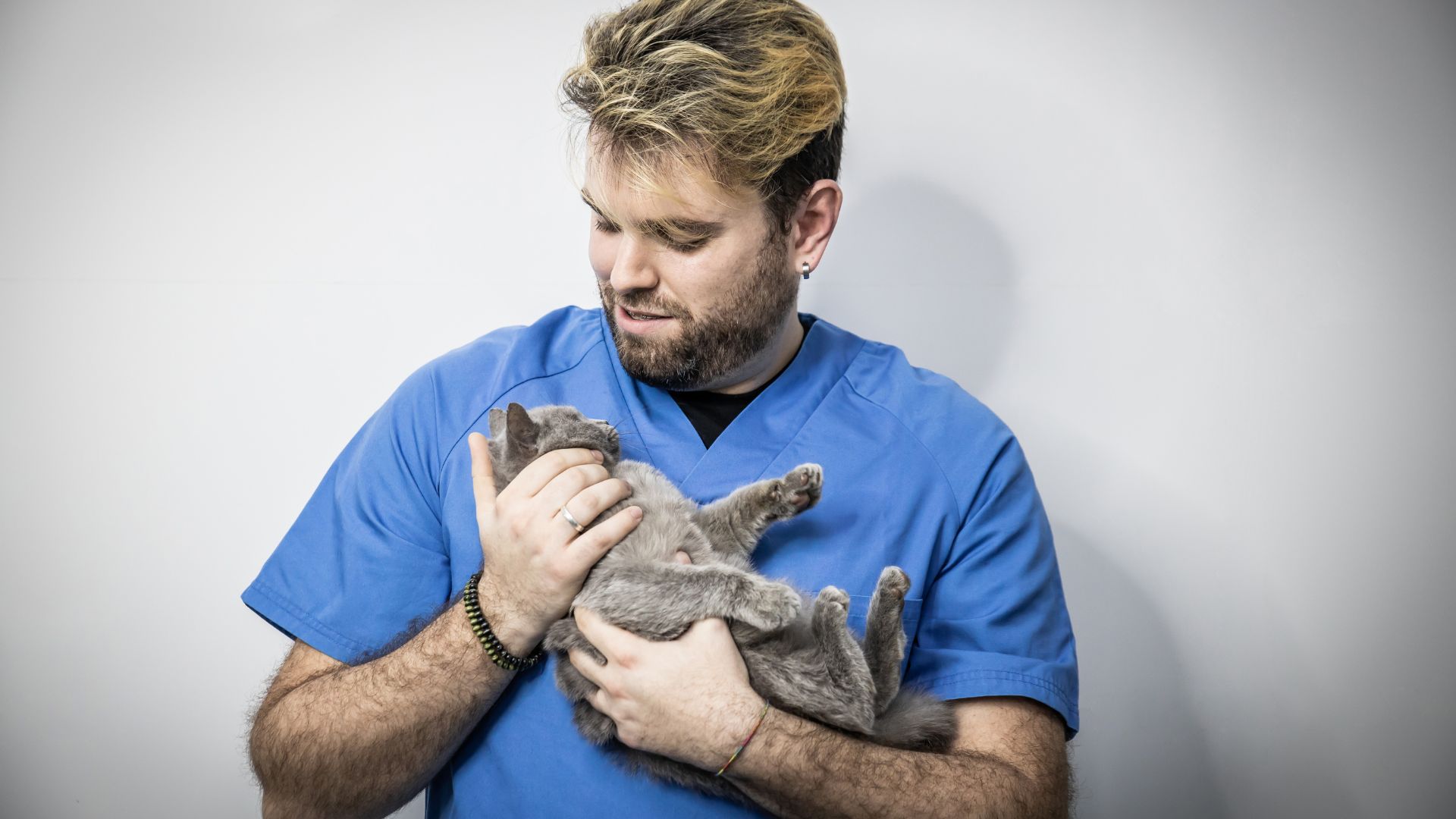
It goes without saying, but every pet owner hopes they never have to experience a pet emergency. But in reality, it can happen to any of us.
In some instances, identifying a vet emergency might be easy. For example, any sudden illness, injury, or condition, like bleeding, breathing difficulties, eye injury, or toxin ingestion, are health symptoms that should never be ignored and requires a vet's attention.
But how about when your pet has mild diarrhea or an upset stomach? If in doubt, it’s always worth having your vet’s telephone number to hand. And the same goes for your local veterinary emergency hospital’s telephone number and location, and the ASPCA’s Animal Poison Control telephone number.
14. We don't mind questions!
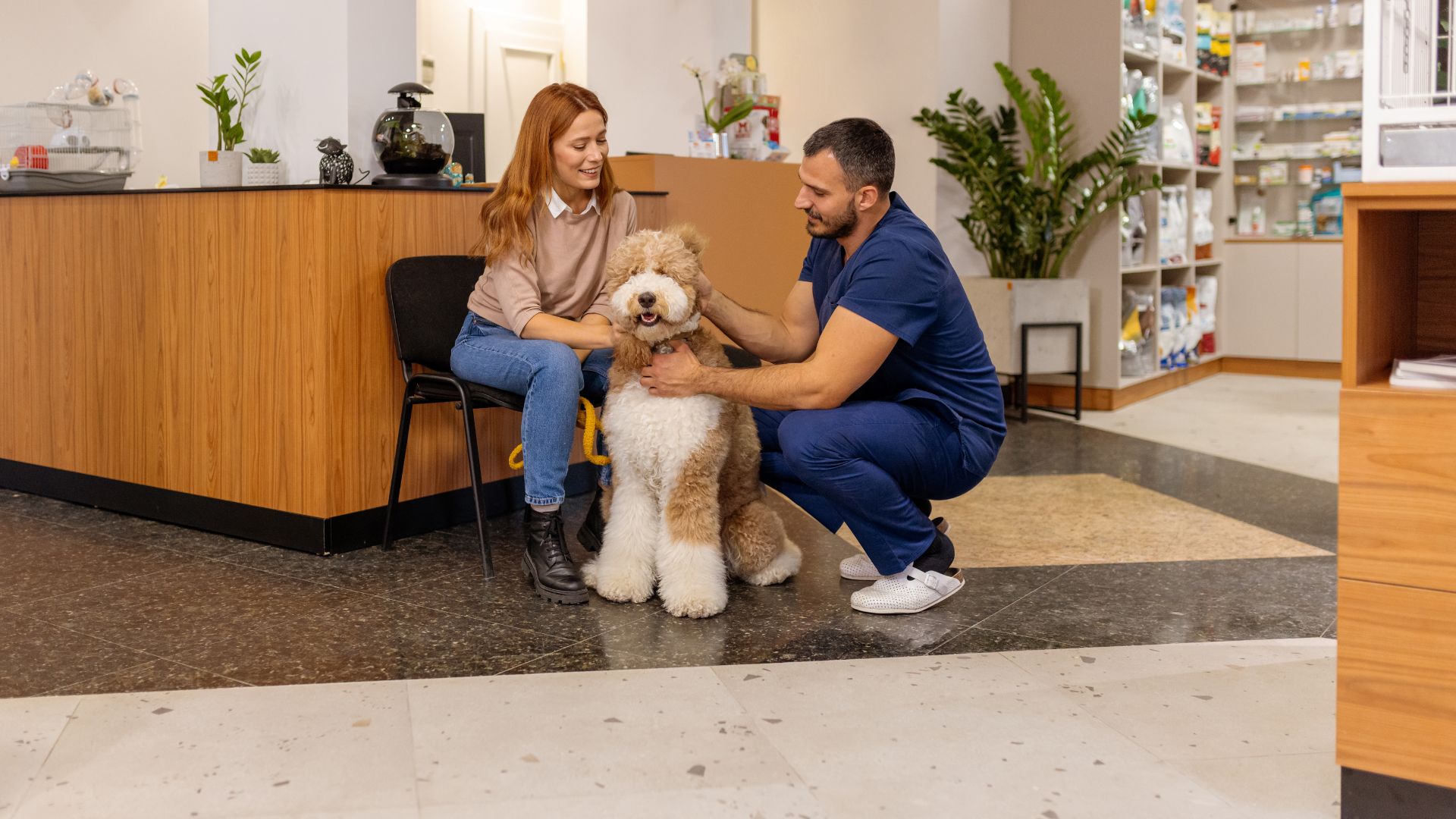
You’ve probably heard the phrase ‘no question is a silly question’? Well, this phrase very much applies here.
“Vets would much rather you ask questions than go away confused about your pet's health condition,” Dr MacMillan explains.
The expert says that vets won’t mind if you want to ask for a second opinion.
“As long as it is a polite request!” Dr MacMillan says. “Your vet will be happy to arrange for a colleague to take a look or refer you to a specialist, as we want your pet to get better as much as you do!”
15. Do your research before getting your pet

Did you know that, according to research, almost three-quarters of first-time dog owners are overwhelmed? That’s because getting a dog is a big life event, and the same goes for getting any pet.
So before you take the leap and adopt a fur friend, scale pal, or even a low-maintenance pet, like a hamster or goldfish, it’s worth doing lots (and lots) of research and talking to a vet.
“Some owners make really poor choices, lured in by social media and websites,” Dr MacMillan says. “Buying the wrong type of animal or breed for your lifestyle and budget can lead to disastrous consequences.”
The same goes for purchasing your pet on a whim from a negligent breeder.
“So many times, I have seen owners bring in a puppy or kitten having been misled about its breed or age,” flags Dr MacMillan. “These animals also haven't had health screens, so they are more likely to become unwell. Don't think you are helping that animal by 'rescuing it', all you will do is fund that breeder's business, so that they can go on and produce more litters.”
16. A limp means there's something wrong
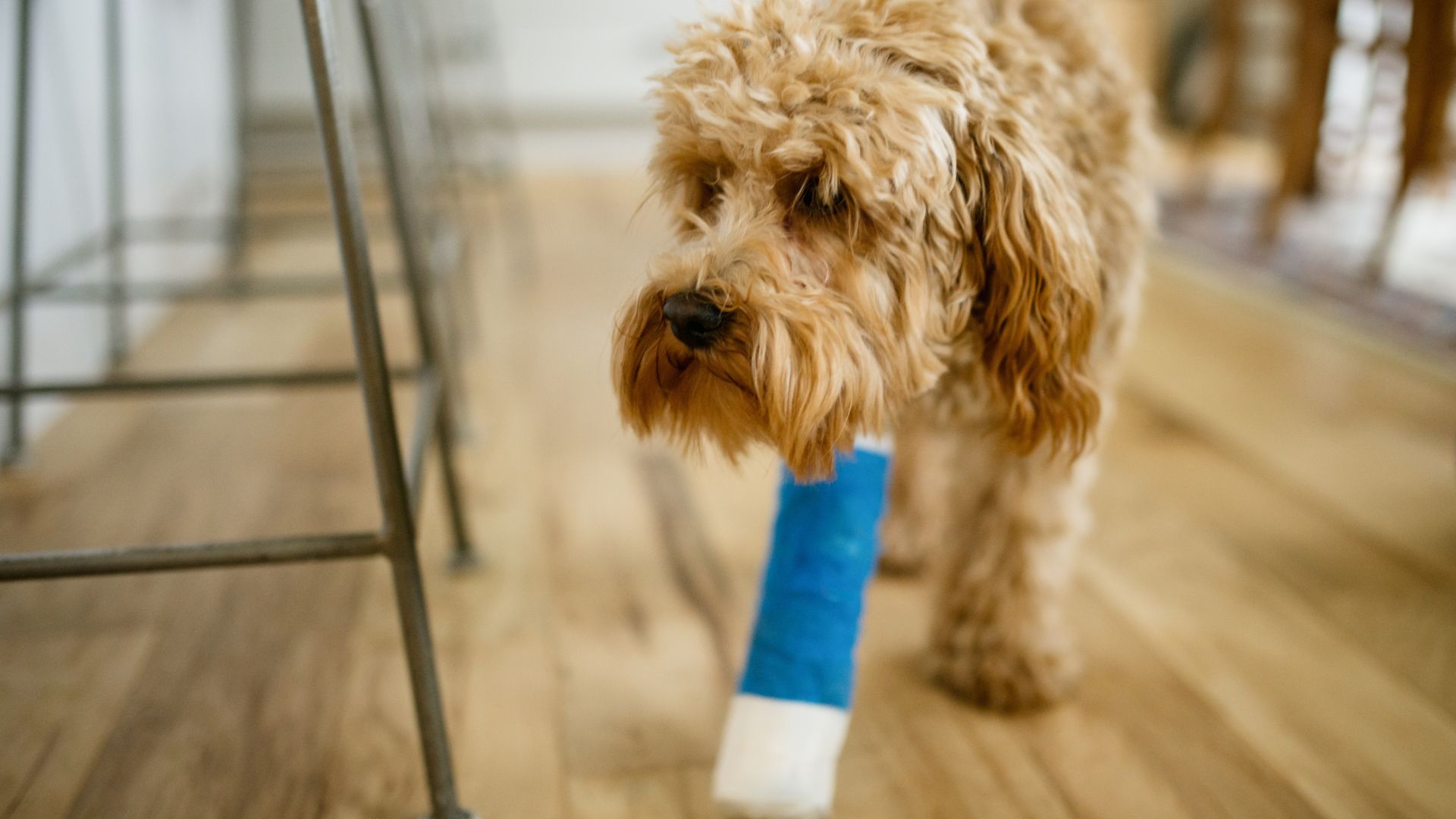
Limping dogs should be seen by a vet, no matter whether they do or don’t seem to be in pain.
“So many vets have heard the phrase 'he's limping, but he doesn't seem in pain',” Dr MacMillan explains. But if your pet has a limp, this means something is wrong, so don't ignore it.
“Dogs with arthritis are particularly good at compensating for their pain, especially as it has crept on gradually,” the vet explains. “Most won't scream, cry, or make a big fuss about it – just because they are such good boys and girls! They have learnt to just put up with their pain and struggle on, which is heartbreaking when you think about it.”
17. Obesity is a major health concern

Obesity in dogs can lead to serious health conditions and a reduced lifespan – and the same goes for obesity in cats. But sometimes our fur friends just don’t know how to say no to the best cat treats or the best dog treats, which can lead to overfeeding.
“Lots of owners turn a blind eye or make a joke out of the fact that their pet is overweight,” Dr MacMillan says. “Sadly, being overweight can make them prone to other health conditions like diabetes, joint disease, and cancer, shortening their lifespan.”
The good news is that regular weight checks and body condition scores will help keep your pet on the right track. But as Dr MacMillan highlights, “Obesity is a real issue that needs to be taken seriously.”
18. Communication is key
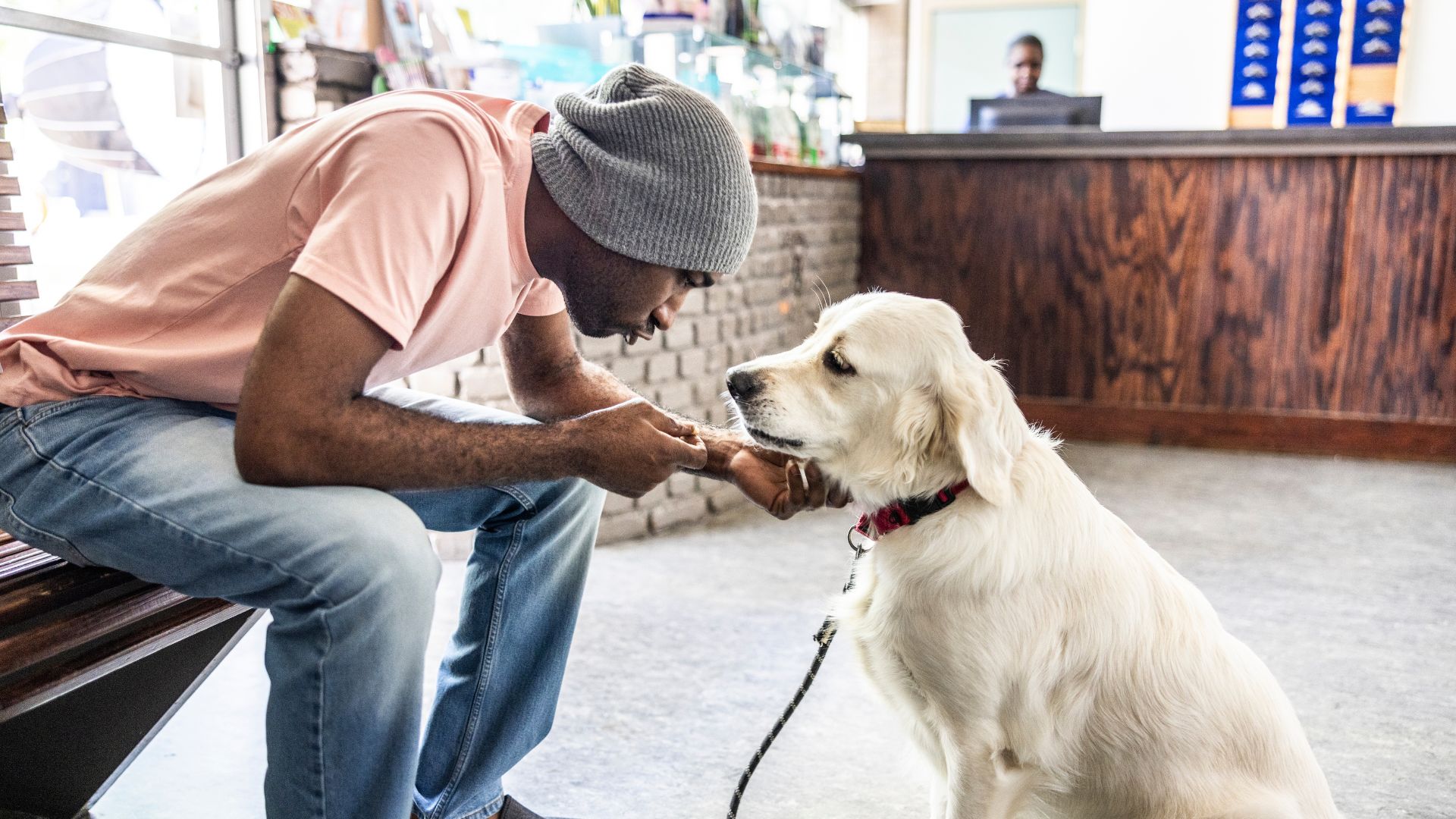
Sometimes, communicating with your pet can feel like you’re talking another language. But as is the case for humans, communication really is key.
Of course, communicating with your pet is far easier to do once you have gotten to know them, as they’ll have a better understanding of you and vice versa.
To communicate with your pet, it’s a good idea to use and reuse words they can constantly recognize, like ‘food’ and ‘walkies’. And just be mindful of using these words even when you’re not talking to them. That’s because research has shown that dogs can eavesdrop on humans and understand conversations they aren’t even involved in.
19. Learn how to handle your pet
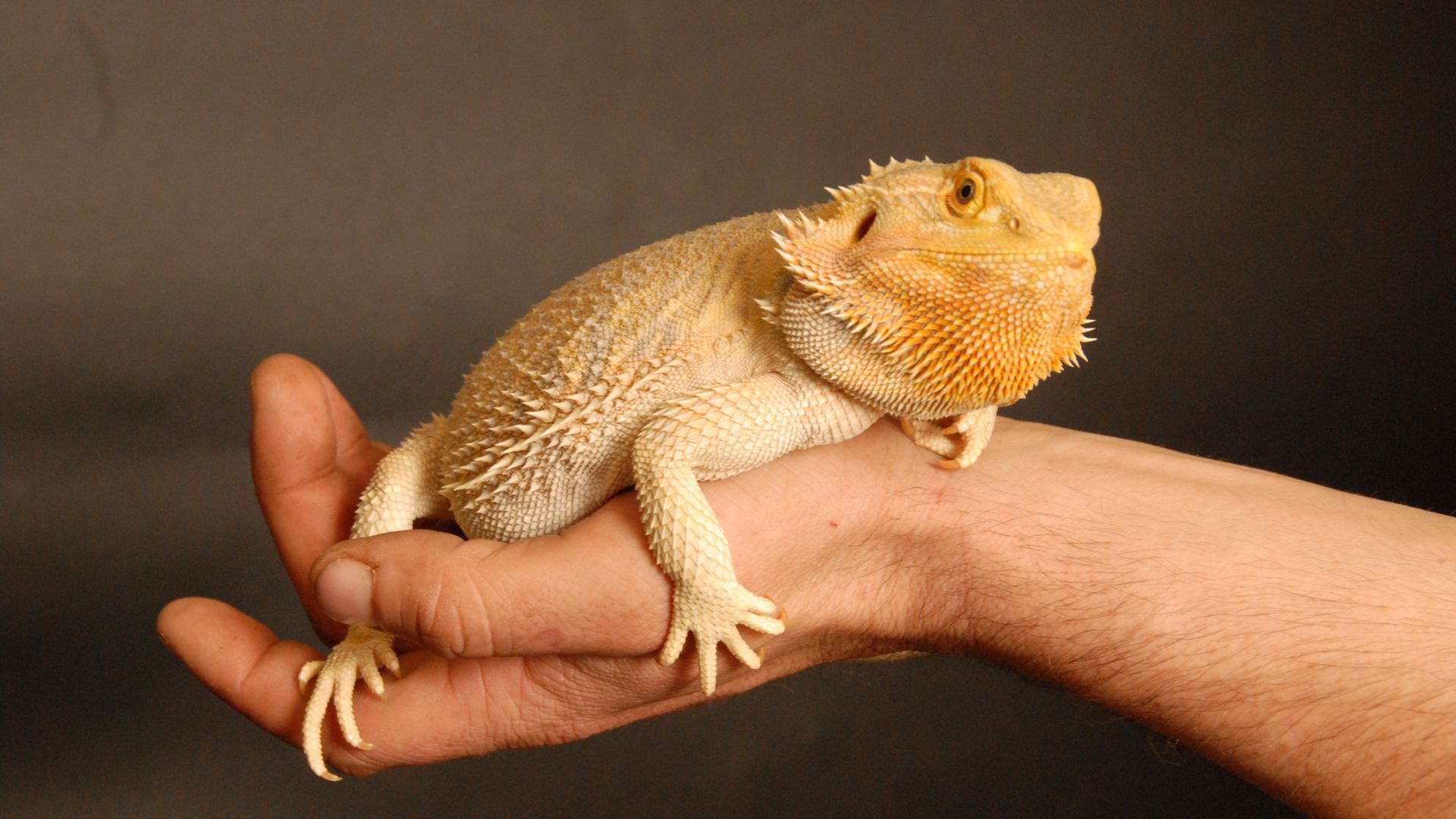
Or if they like to be handled at all! For example, all pets should be handled with the utmost care, and your bearded dragon is no different. To pick up a bearded dragon, you’ll need to gently scoop them up with two hands, making sure their body and all four legs are supported.
Got a feline friend at home? Then, make learning how to pick up a cat on top of your to-do list.
20. If you’re adopting, always ask for your pet’s medical history
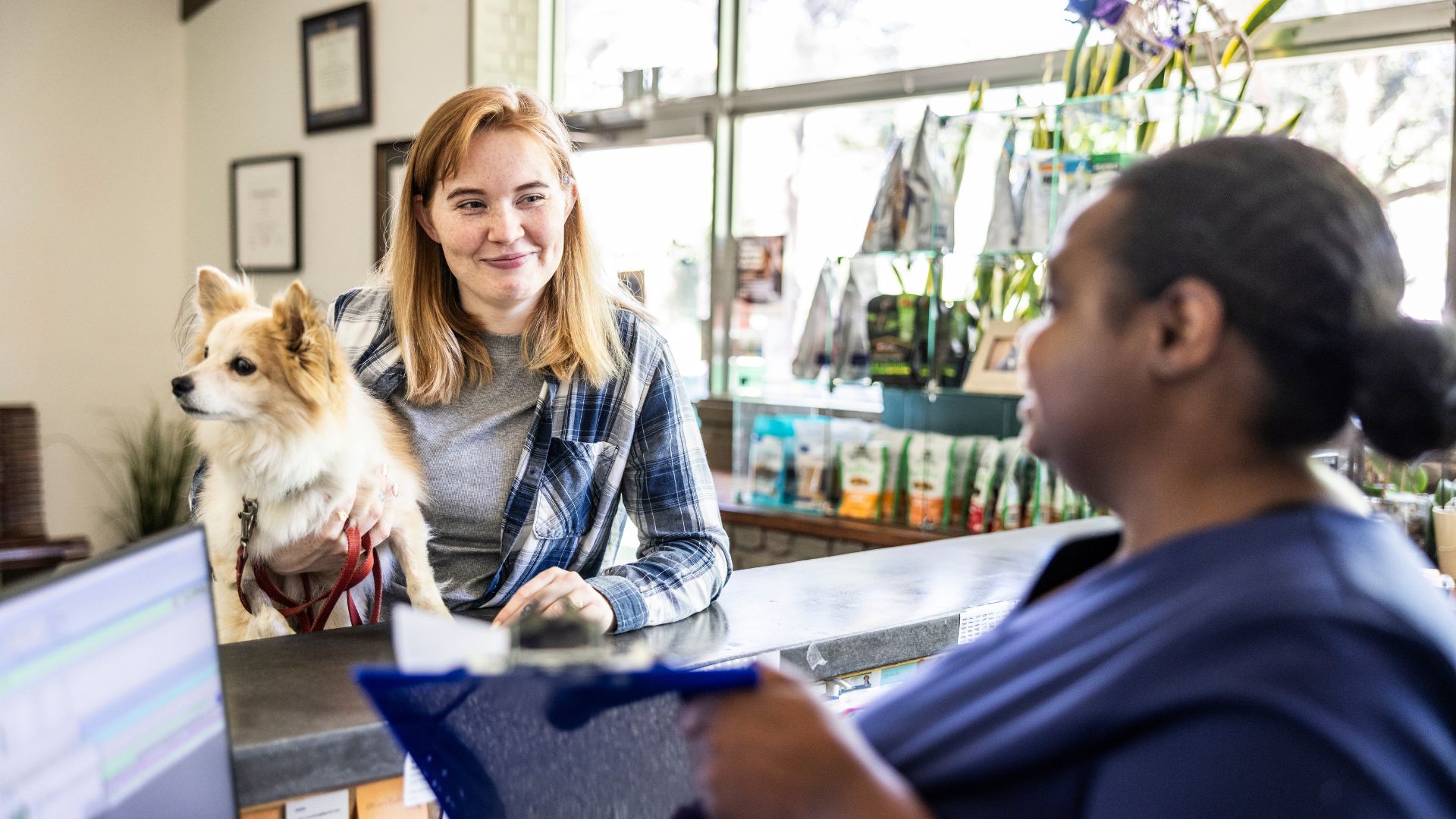
No matter whether your cat or dog has been in a rescue centre for days or months, all pets should have some sort of medical history.
That’s because rescue shelters vet-check dogs on entry, to stay up to date on if they’ve had their vaccinations or whether they need any other preventative medicines.
To ensure you take proper care of your fur friend, you should ask for a copy of your pet’s medical history. That way, you can look for any signs of illness your pet has exhibited or had treated.
Welcoming a new arrival? Discover the vet-backed tips for keeping new puppies happy, healthy and safe or how to help your dog settle into a new home
Edited by Georgia Guerin and Alexis De Leaver.
Last updated July 2025.

Becks Shepherd is a lifestyle journalist who has worked with titles such as Tom's Guide, Marie Claire, and Fit and Well.
In addition to this, she’s a pet writer with nearly a decade of editorial experience across digital and print media. A devoted “dog aunt” and lifelong animal lover, Becks brings a personal touch to her pet content—whether she’s testing the latest dog gear or digging into behavioral tips.
She works closely with veterinary experts to ensure factual accuracy and is currently exploring animal care certifications to deepen her knowledge. Her work has appeared in leading outlets across health, wellness, and pet care spaces.
